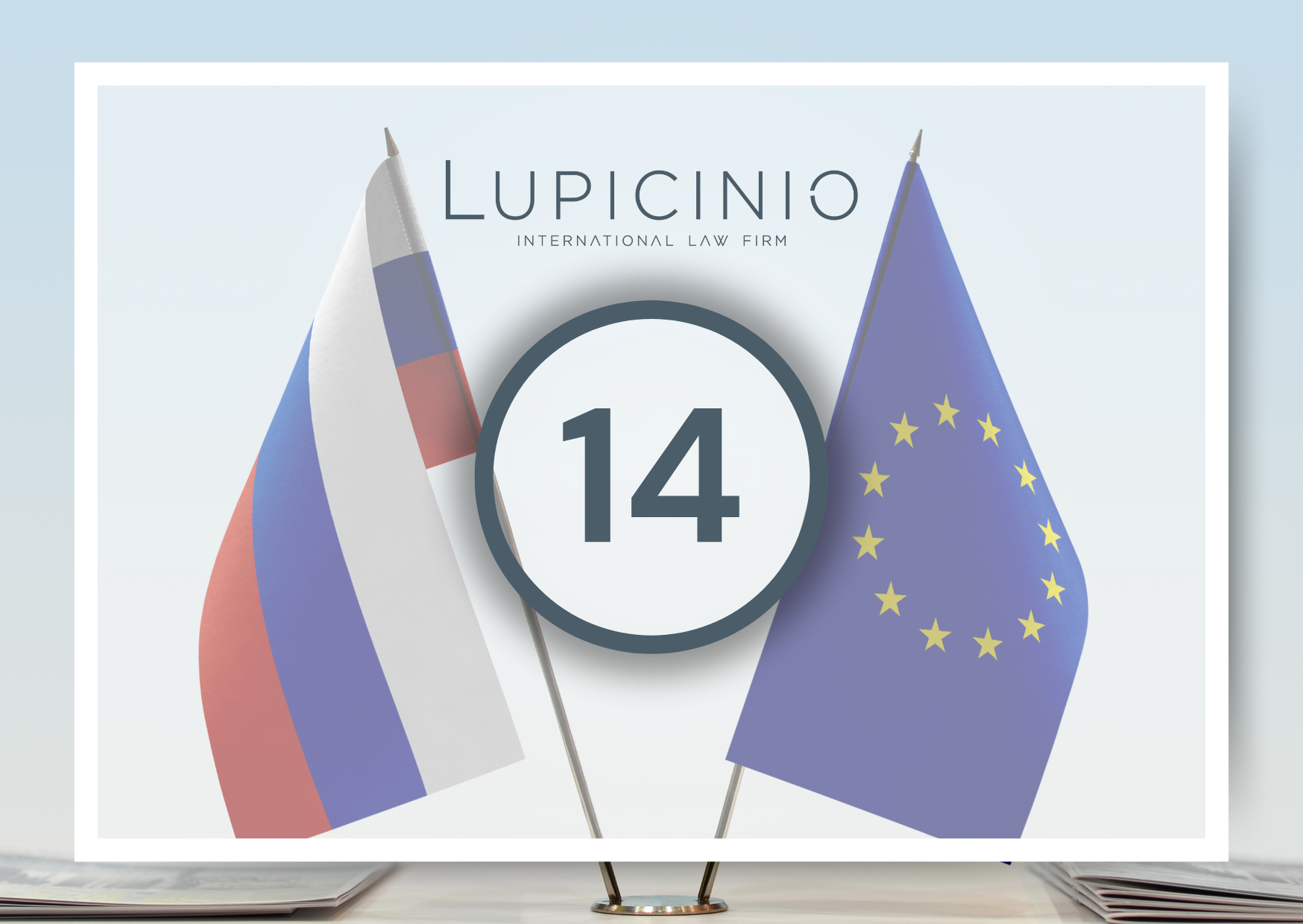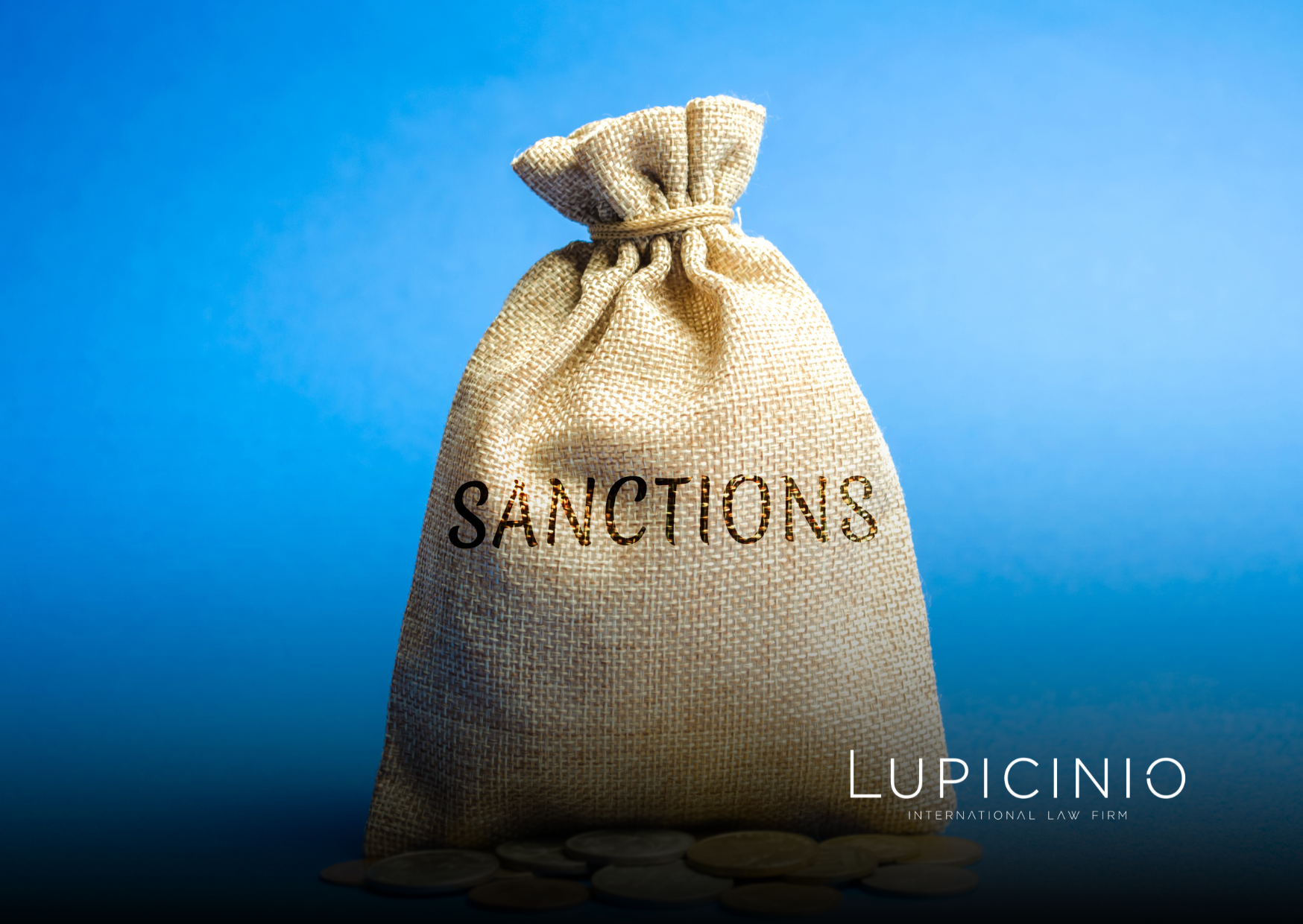Mohamad Bin Salman, also known as MBS, is -in his capacity as crown prince- the one chosen to lead the changes in Saudi Arabia and its adaptation to the complex challenges of the 21st century. In recent months, MBS has begun to outline the main characteristics that will shape his reign. This young prince has formulated a plan through which he intends to recover the importance of his country within the region whilst also affecting a modernization overhaul. At only 32 years of age, he has launched an ambitious and far-reaching reform program on all three political, social and economic levels. The master plan of Prince Bin Salman is known as “Vision 2030” and its first effects are already beginning to be seen.
Apart from the rights reforms and an in-depth remodeling of state institutions, “Vision 2030” is also characterized by a comprehensive reform of the internal market and the economic policies of Saudi Arabia, which has been significantly, affected by the fall in oil price- a previously stable and primary source of income for the Saudi kingdom. It is for this reason that the Crown Prince intends to change the economic model of the country, in order to regain its geopolitical status.
The principal economic objectives of ‘’Vision 2030’’ are to both diversify the source of income domestically and attract foreign investment. In order to achieve such objectives, he intends to implement the following 6 points:
- Privatization of services. This measure will not only reduce public spending, but will also attract specialized foreign companies that want to take charge of these services.
- Transform the Saudi Kingdom into the preferred destination for religious pilgrimages. The goal for 2030 is for visits to the holy places of Mecca and Medina to pass from the current 8 to 30 million pilgrims. This proposal will attract investments and generate large infrastructure projects to accommodate the massive arrival of pilgrims.
- Implementation of Special Zones. In order to attract foreign investment, the Saudi government intends to implement special zones for the development of industry. It is expected that these areas will offer rebates on taxes and facilities for investment.
- Improvement of the regulatory environment. There are plans to modernize the corporate legislation and to approve a foreign investment law in order to create a more favorable legal environment for this type of investment.
- Remodeling of bureaucracy and transparency. The plan aims to reduce the bureaucratic network and streamline administrative procedures. These changes will result in greater professionalism and transparency of public administrations.
- Improving living conditions in the country. One of the most ambitious aims of ‘’Vision 2030’’ is to attract foreign talent in order to transform Saudi Arabia into the region’s cultural and industrial centre. To achieve this, they plan to invest millions to improve the Saudi healthcare system in addition to reforming the public education system and aligning it with the model: ‘’Learning for working.’’
These changes that the crown prince intends to implement to reform the Saudi economy and attract foreign investment, as well as all the other goals of the “Vision 2030”, will require a great effort from all parties involved. In this sense, the authorities and competent bodies of the kingdom are already reviewing how to formulate the new regulations, so that they are, on the one hand, coherent with Islamic Law and, at the same time, compliant with international market standards.
Only time will tell if ‘’Vision 2030’’ and its ambitious reform plans is sufficient to propel Saudi Arabia forwards and consolidate its position as a regional power ‘’beyond the black gold.’’
José María Viñals Camallonga – Partner and Director of the Madrid Office and Director of International Operations
Abderramán El-Hachem- Of Counsel






